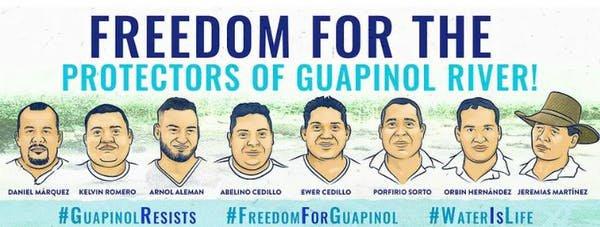For our last installation of this year’s Black History Month series, we at the Quixote Center are highlighting the life and work of Honduran Garifuna activist Miriam Miranda. Miriam Miranda is a Honduran Garifuna human rights activist and land defender. As the head of the Black Fraternal Organization of Honduras (OFRANEH)—which defends the rights of Garifuna communities—Miranda has worked to stop land theft by the tourism industry, to reclaim ancestral Garifuna land, promote sustainability, and support community leadership development for youth and women. In 2015, Miriam received the Óscar Romero Human Rights Award, alongside fellow Honduran activist Berta Cáceres, who was assassinated less than a year later. In 2016, Miriam received the Carlos Escaleras environmental prize for her 30 years of activism defending Garifuna communities.
- Home
- About Us
- Issues
- Countries
- Rapid Response Network
- Young Adults
- Get Involved
- Calendar
- Donate
- Blog

